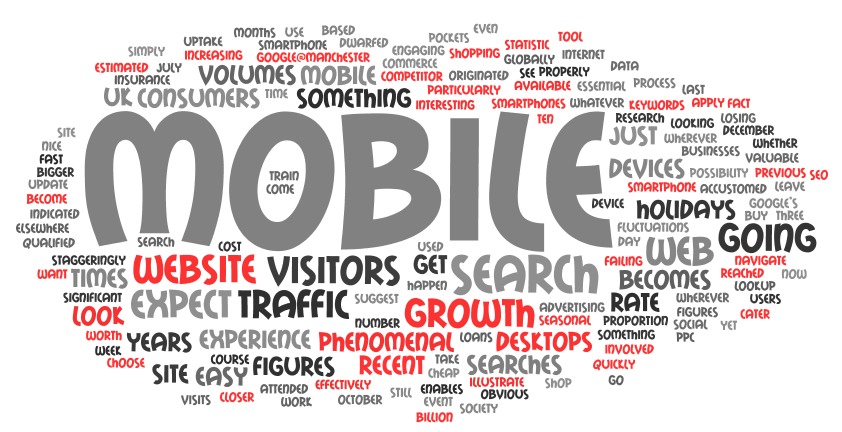Anyone working in the SEO industry or any of the companies and websites who continue to depend on organic traffic to generate a large proportion of their revenue will be sick to the back teeth of hearing cries of ‘SEO is dead!’
Contrary to these ridiculous remarks, the corpse of SEO is not roaming a graveyard somewhere or making cameo appearances in zombie horror films. And as industry professionals, we’re not about to pack up, go home and sob into our pillows.
Here are 20 reasons I feel SEO is well and truly alive and kicking based on a combination of statistics, common sense and thought!
The Internet Continues to be CRITICAL
- The Internet accounts for just under 8% of the UK GDP (as of Nov 2011) and this is growing.
We STILL Love Google!
2. There are 3 billion searches per day globally on Google
3. Google accounts for 92% of the UK search market – a good reason that, for the moment at least, most of your SEO resource should focus on it. Let’s not take our eye of the ball with Bing though.
…and We STILL Love Organic!
4. 70% of all searchers will click on an organic result!
We Don’t Like Scrolling…
5. 60% of all organic clicks STILL go to the top 3 natural listings
Or Going Beyond Page 1
6. Fewer than 2% of searchers ever go beyond the first page
Mobile Gives SEO a WHOLE NEW Lease of Life
Touted by some as what would be the final nail in the coffin our supposedly dying friend, SEO, mobile actually makes it more important:
7. Almost a year ago, mobile accounted for 15% of Google searches and this is likely to be notably higher now, with some reports suggesting there are 690 million mobile Google searches every single day.
8. Mobile searchers are even less likely to go beyond the first page, meaning that as the number of smartphone users grows, so too will your need to be sitting pretty in the first couple listings on page
9. 1 in 3 mobile searches, according to Google, has a local connotation – those are likely to be people out and about looking for products, services and shops around them.
10. We don’t go to app stores to search for the solution to our problems or for products and services we’re looking for from our phones – we STILL go to Google!
11. Click to call means users on mobiles don’t even have to go beyond the results page to convert to a call. When mobile users in particular are focussed very much on those first few results, it makes it easier than ever for them to call your competitors instead of you if you fail to rank – making SEO even more important still for mobile searches.
12. Mobile commerce will be worth £19 billion annually across the world by 2022. People are shopping on mobile and they are using search engines to find the products they want.
Search is Improving for Users
The users – the whole point of search and SEO! And why would users ever stop searching when the quality of the results is improving?
13. Google Panda was a giant leap towards cutting back on thin affiliate websites or sites with poor quality and duplicate content. Panda’s subsequent updates throughout this year have improved the algorithm. Google is only getting BETTER at judging the quality of content and this in turn means the quality of sites that users find first is improving.
14. Integration of trust signals within the SERPs. More integration of reviews (yes, we all know this is open to abuse) means users can find out the general public’s views of products or services right from the SERPs in many cases. With all the information right there in Google, why go anywhere else?
15. Social integration. Google knows that we’re more likely to take on board the recommendations of our friends than the recommendations of big corporations and advertising. So what is it doing? Personalising search results for signed in users so you now get to see the faces of your friends right next to any result they have previously endorsed socially. Those results will also appear higher up for you! That’s social proof right there in the SERPs.
16. Schema has standardised micro data across the major search engines. It also means that more information can be easily displayed in the SERPs for users, such as contact information, reviews, event details etc. This means Google SERPs are presenting ever more facts right there on the results page giving users less reason still to go anywhere else for information.
17. Local result integration continues to improve as well. Google doesn’t always present Maps for the most relevant of searches and, let’s face it, sometimes they’re not particularly reliable. But users (and mobile users in particular) benefit from the integration of local results. They don’t have to go to any company website necessarily to get their address. They can get it from Google without ever going beyond the results page.
18. Speed of delivery. New results are being indexed quicker than ever before. Caffeine is the Overlord of indexing. You can post something and have it in the index within minutes. This means users are getting fresher content.
If search continues to improve for users, the users will continue to search and SEO continues to be crucial.
Common Sense!
19. The speed at which new information is hitting the web is increasing. The only logical way to sift through it? SEARCH! Which means SEO will continue to have a critical role to play in marketing.
20. Google, clearly the search engine Overlord, is evolving with new technologies. It has no intention of losing its users or of becoming redundant. And while there is Google there is search.
SEO isn’t a static process. It’s evolving with technologies, with user expectations and with the world around us. And while we all talk about Google when we talk about search, let’s not forget Bing (which now supplies organic results for Yahoo). While Google boasts 92% of the UK search market now, who’s to say that will be the case years from now? However, whichever engines are powering search, I truly believe it will become more and not less important as more of our purchasing power is invested online.




